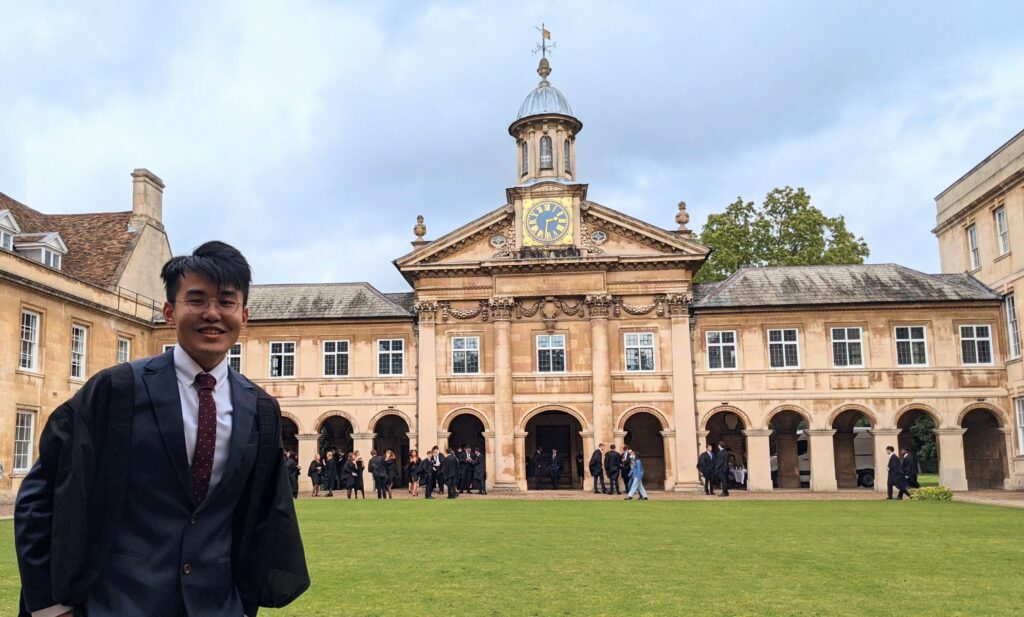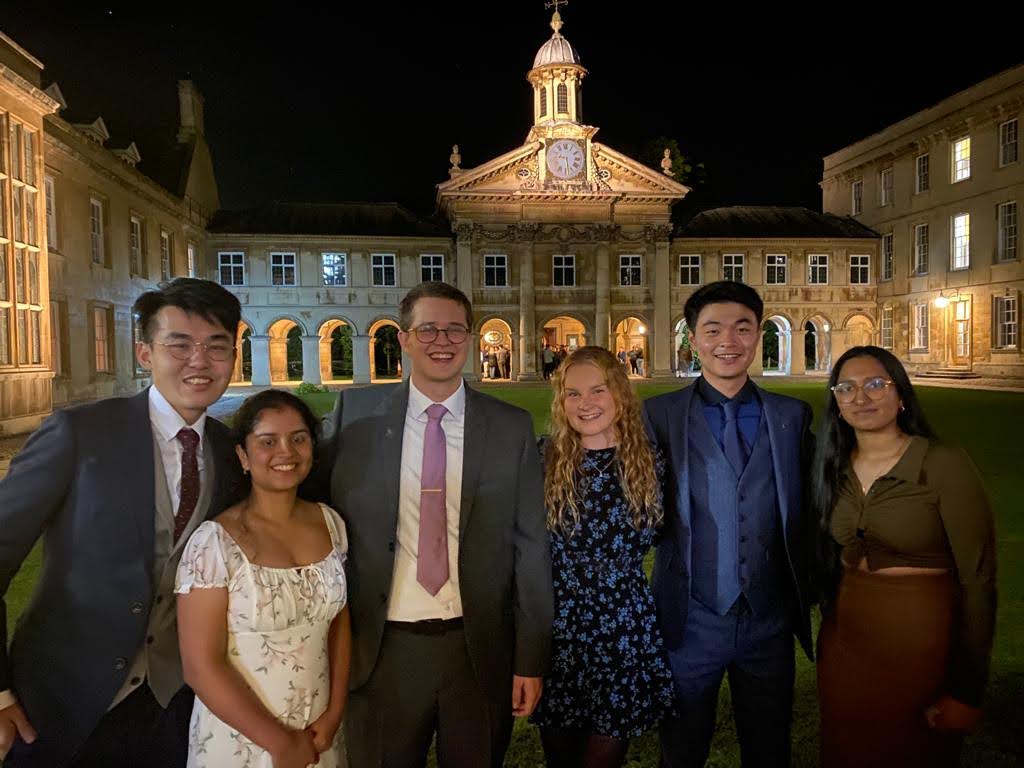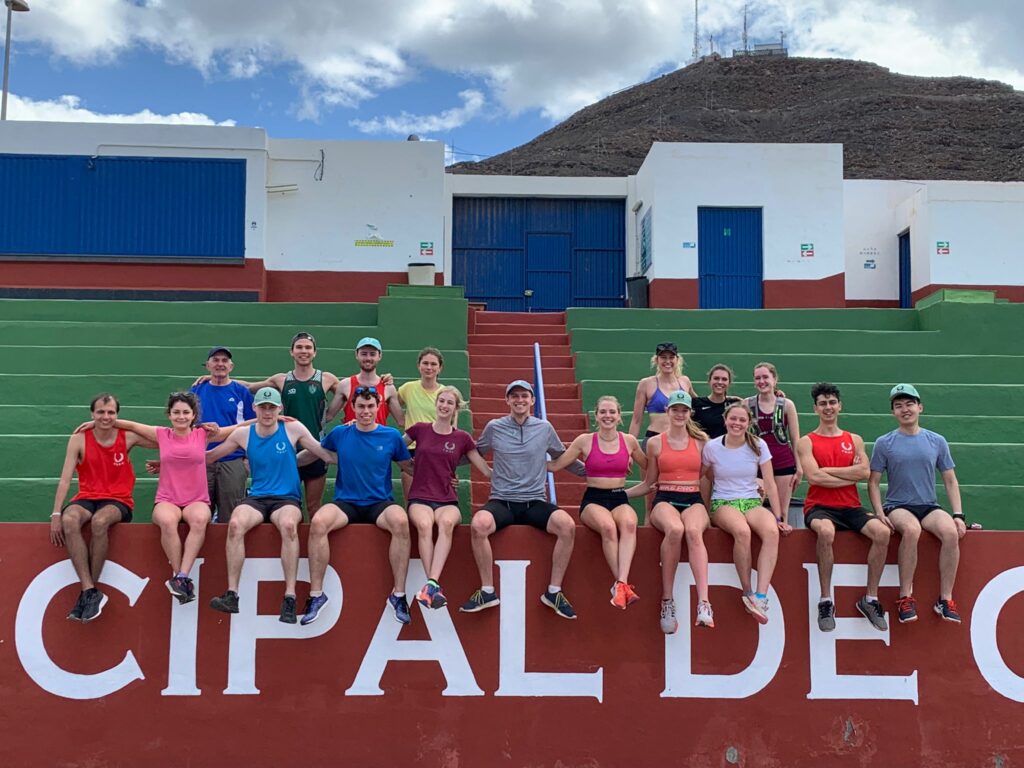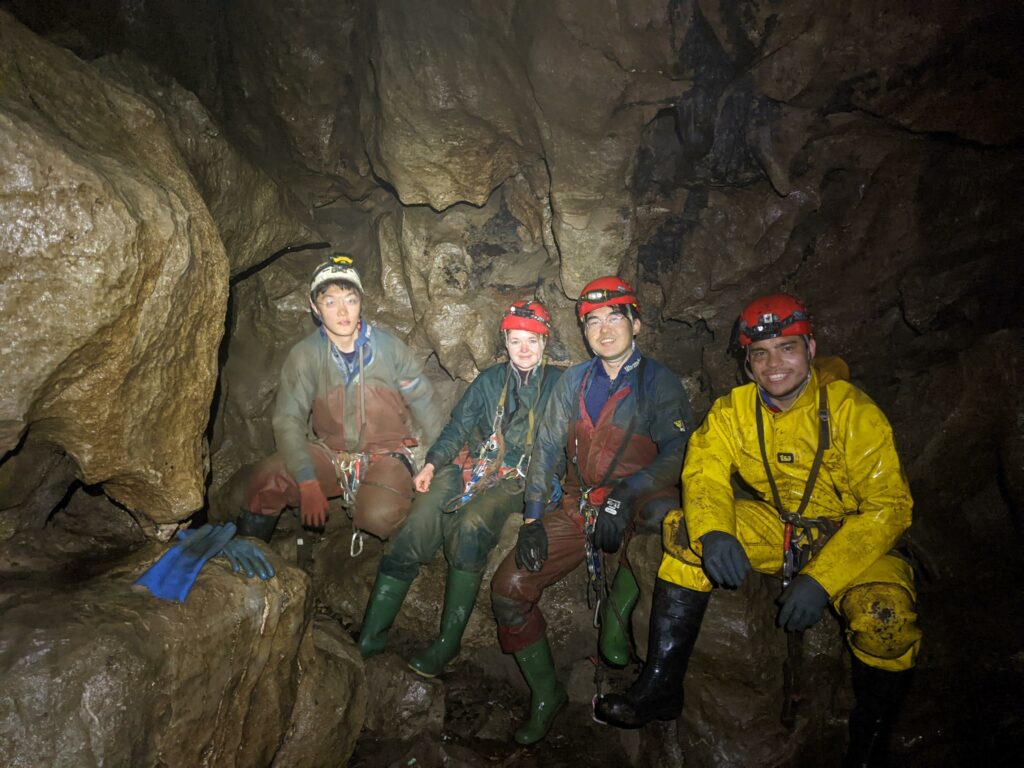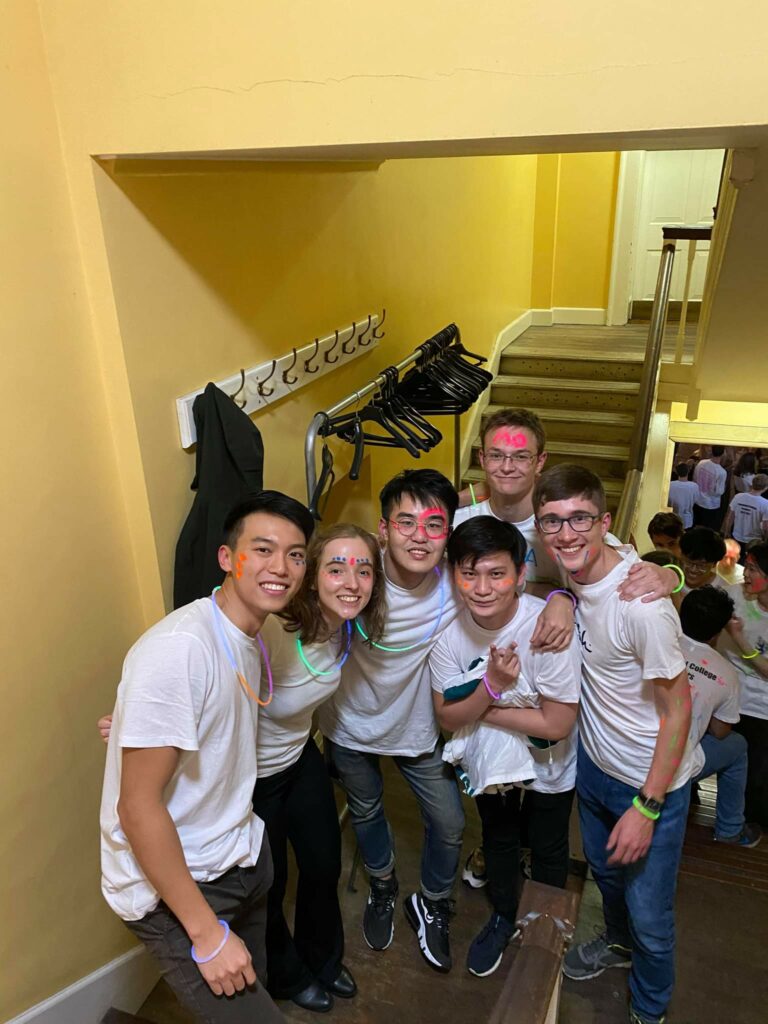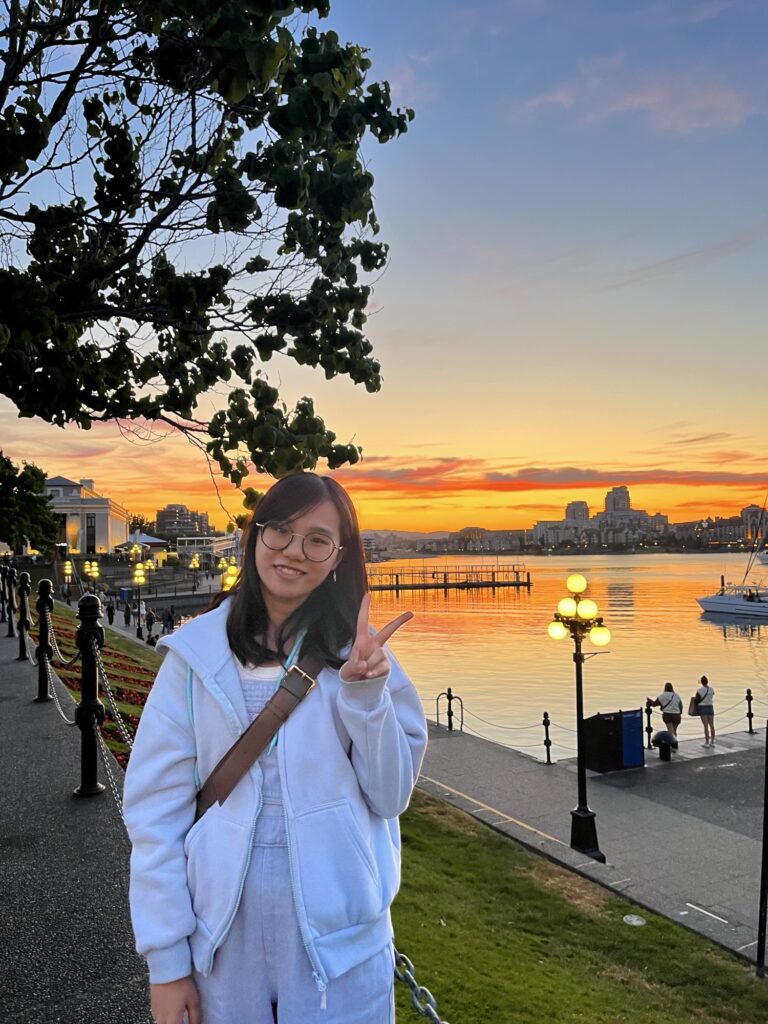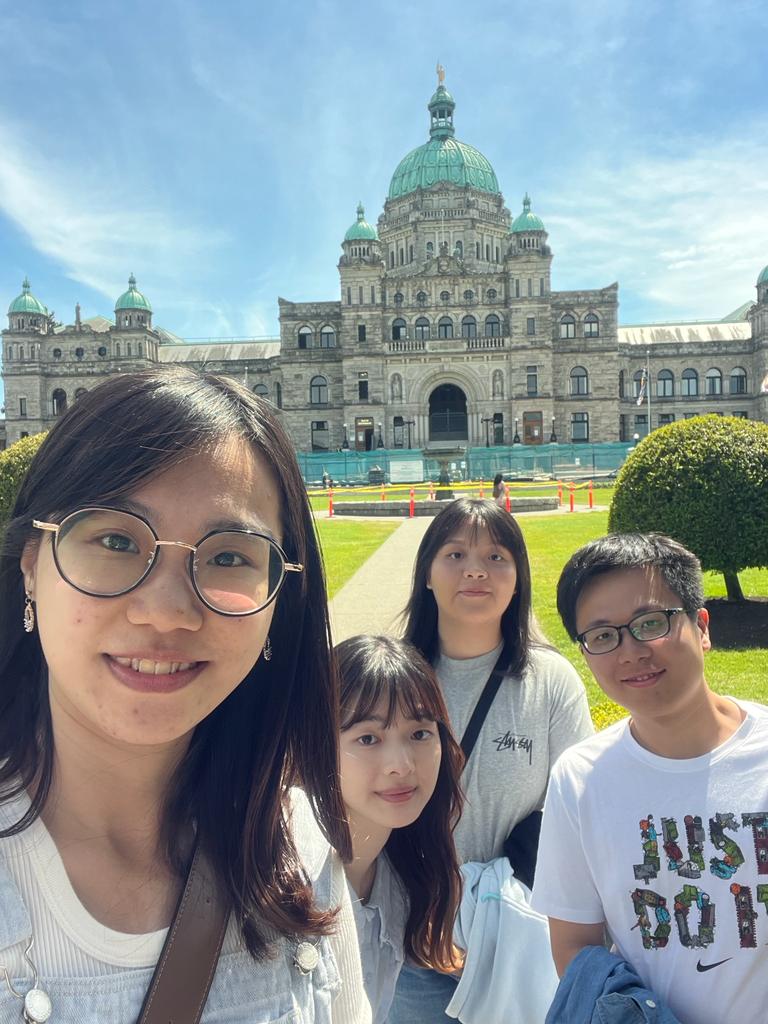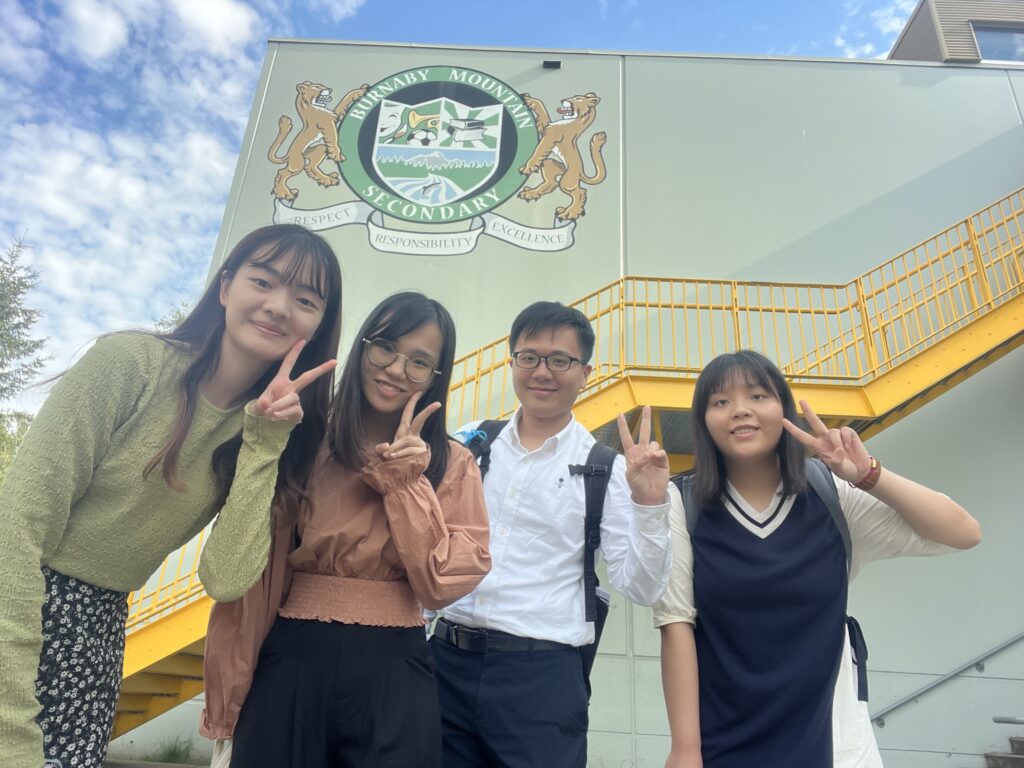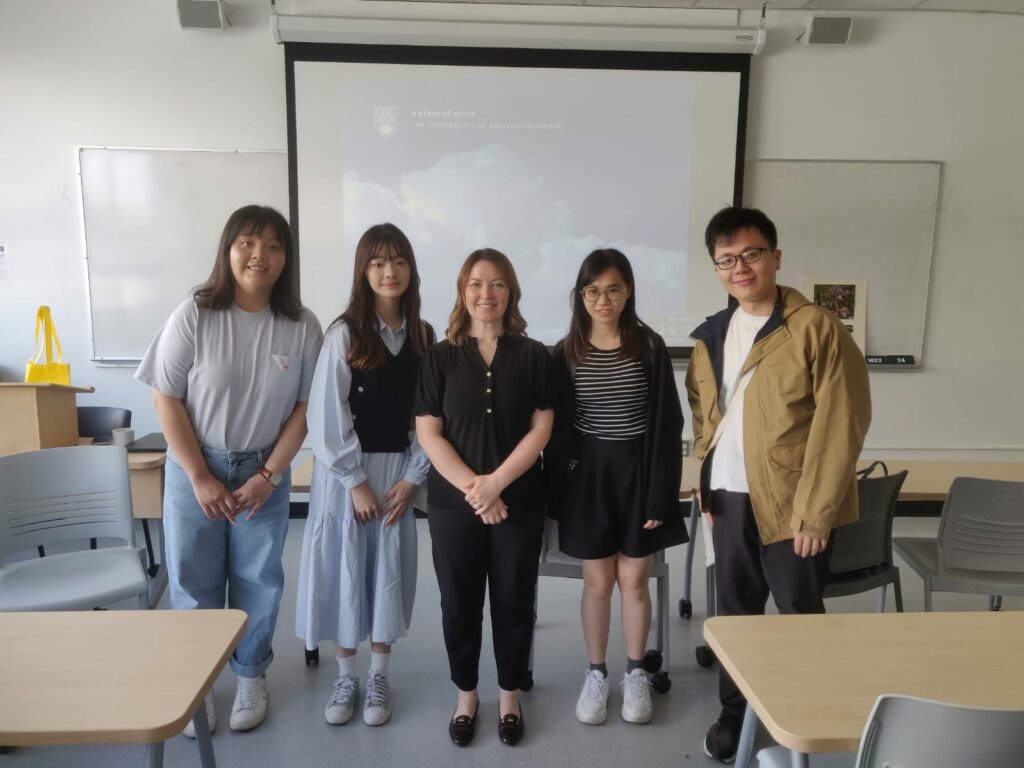只提供英文版
In the academic year 2021-22, I went on a year abroad to study Education at Emmanuel College, University of Cambridge. In particular, I chose a track on Education Policy and International Development which is the filed that I would like to explore more. Moreover, I hope to gain more international perspectives from learning the topics in one of the best institutions around the world. Among all papers, I really learned a lot of different concepts and ideas that I have never studied in Hong Kong. In particular, the paper I like the best is Emergence of Educational Systems and Thinking. In this paper, it explores how ideas about ‘knowledge’, ‘schooling’, and ‘educational systems’ arose, shifted and expanded in different societies over time and space. It studies the rise of educational systems starting with the range of schooling on offer across different societies in the ancient world, following through with the formation of early and medieval higher education institutions and universities, and the emergence of ‘vocational education’. Throughout the historical footage, I realised ‘universal education’ is a very modern concept expanded from colonial projects and also the ‘massification’ of education. I particularly like the timely examples and case studies provided by the course, including Residential schools in Canada and the role of schools in the Prevent strategy in the UK. More importantly, the design of the paper also informs us, as educationists that we are in the process of shaping the future of education by studying a range of critical thoughts and thinkers to dislocate current realities and rethink alternative discourses that challenge dominant social orders and thinking.
After all, this outreach experience is completely an eye-opener. This is a lesson that I do not believe I could have learned in anywhere else. It required exposing myself to a new situation filled with new people and new experiences. I am so grateful for the opportunity I had. Studying abroad is one of the most formative experiences, and I know I will carry the lessons I learned in Cambridge with me for the rest of my life. Of course, after the great experience I have had here at Cambridge, I cannot recommend applying to come here enough. Now that I am back on campus, I have a new set of eyes. Everything that was once common is new once again. The beautiful architecture buildings around the campus make me pause as I walk by. The buildings that were remodeled while I was gone enticed me to enter and visit. Even the posters on the lamp posts that I always used to walk by caused me to stop and see what is happening on campus. I am spending time looking all around me and appreciating the beauty of CUHK.
